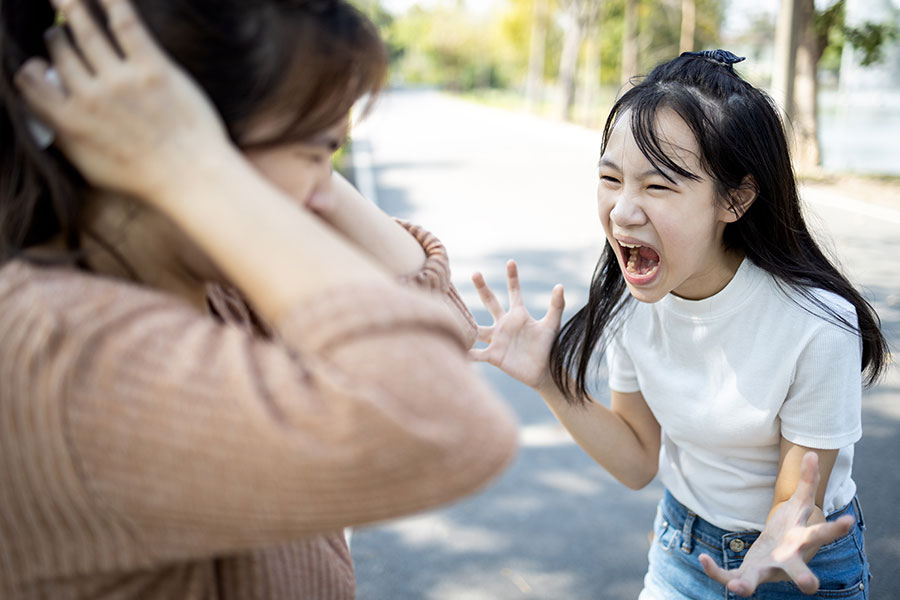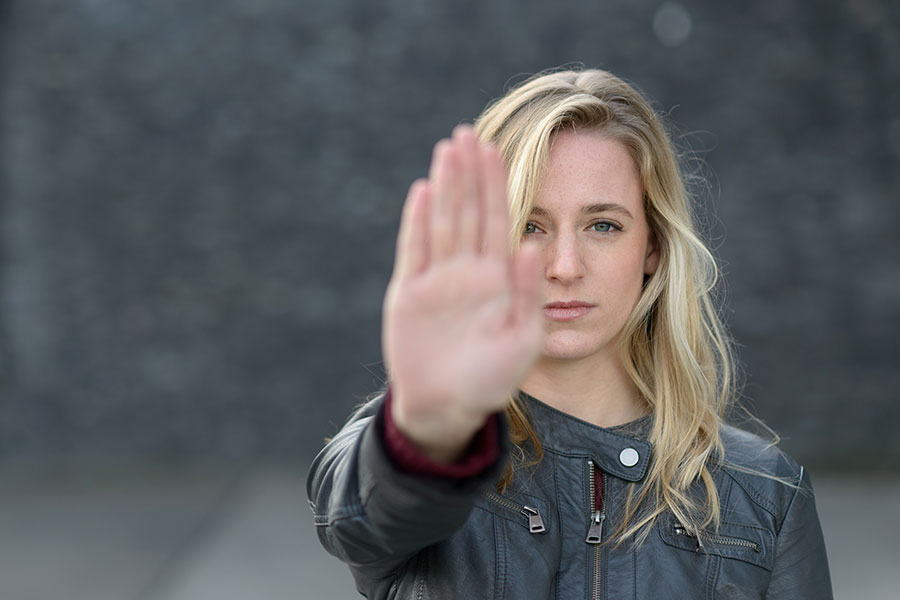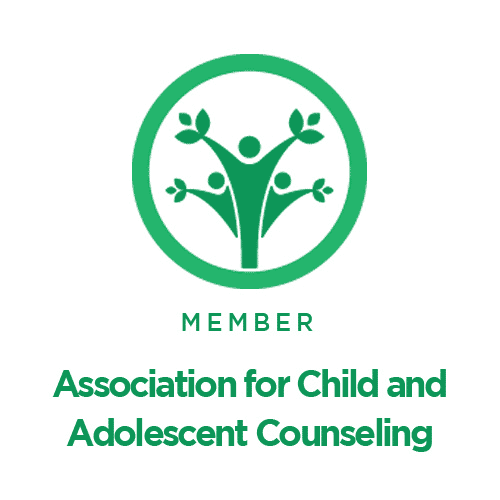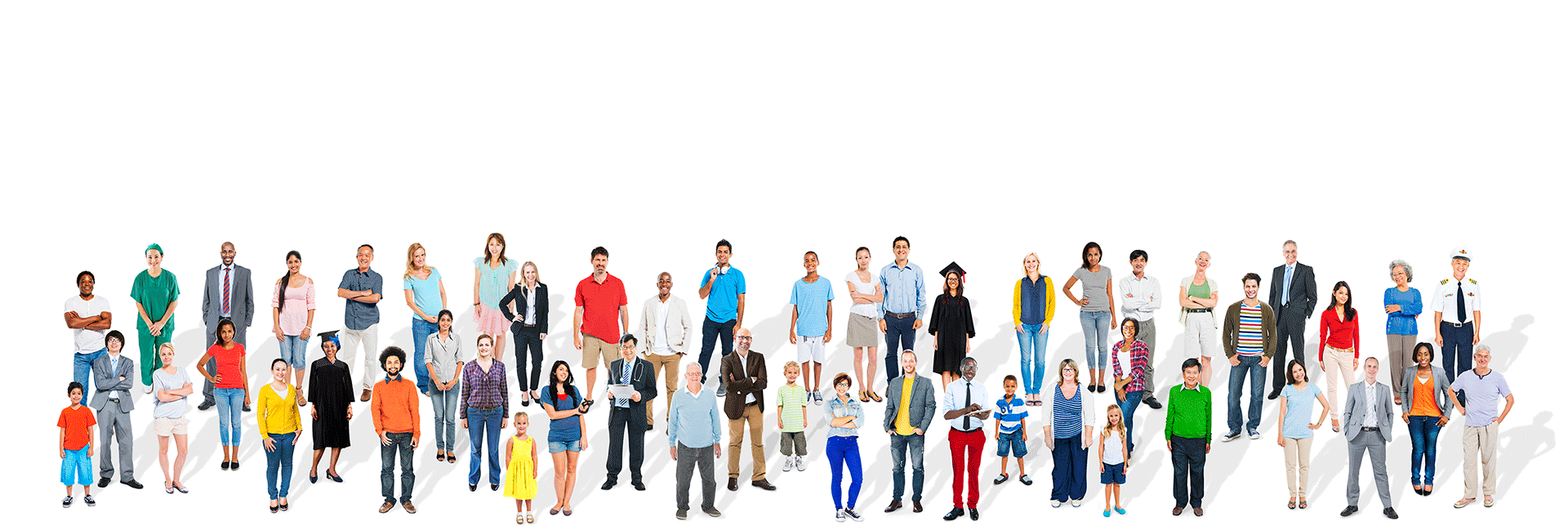Have you ever been around someone who’s been in a bad or “off” mood and you walk away asking yourself “what did I do wrong?” Does this scenario sound familiar? It’s easy to blame yourself for the behaviors of other people because “you” are something “you” can control-we can’t control the behaviors of other people. With this in mind, it’s not your responsibility to blame yourself for someone else’s rude words or behaviors. Instead remember, how people treat other people is a direct reflection of themselves, it says NOTHING about you. So how do you stop yourself from falling into the pattern of self-blame… read below.
Reflect on the situation: Instead of going straight to blaming yourself, take a second to reflect on the facts. What really happened in the interaction? Are you happy with the way you handled yourself? What specifically made you uncomfortable with the situation? Often times your reaction is a direct response to the other persons words or actions.
Let go of the blame: When you blame yourself in any situation, you’re casting yourself in a negative light. Instead, practice taking responsibility for your own actions and don’t focus on the blame. Taking responsibility sheds light on your positive qualities.
Use self-talk: Let’s face it, the anxious mind wants to keep thinking about the situation over and over again- looking into every detail. If you’ve read this far, I’m sure you can relate. Dissecting every detail is exhausting and will only lead you into a never-ending circle of thoughts. Instead, remind yourself that you did nothing wrong and sometimes people just stink! And as a side note- we all can stink sometimes because nobody is perfect.
Seek out help but caution seeking too much outward validation: While it can feel very validating to explain the situation to someone else and receive a fiery response in your defense, it’s important not to rely on this one. Why? The reason is so you don’t become hooked on external validation to shape your thoughts. This isn’t good for your self-esteem. It’s okay to talk to someone about the situation, but don’t discard your own judgement. Your thoughts, feelings and interpretation of the situation matter and shouldn’t be disregarded.
What can be learned?: What does the other persons behavior tell you about them? Perhaps you’ve learned this person is imperfect and that’s okay. Would you handle the situation differently if it happened again? Even the hardest of interactions can teach us something about ourselves. Once you’ve learned something, it’s time to move on.
Learning to let go of self-blame for other people’s behaviors may be uncomfortable at first but like most things with time and practice becomes easier. Breaking the pattern of self-blame is crucial for personal development and increasing self-esteem. If you find yourself immediately blaming yourself for the behaviors of other people, it’s time to reevaluate and break the pattern. Lets go, you got this!








